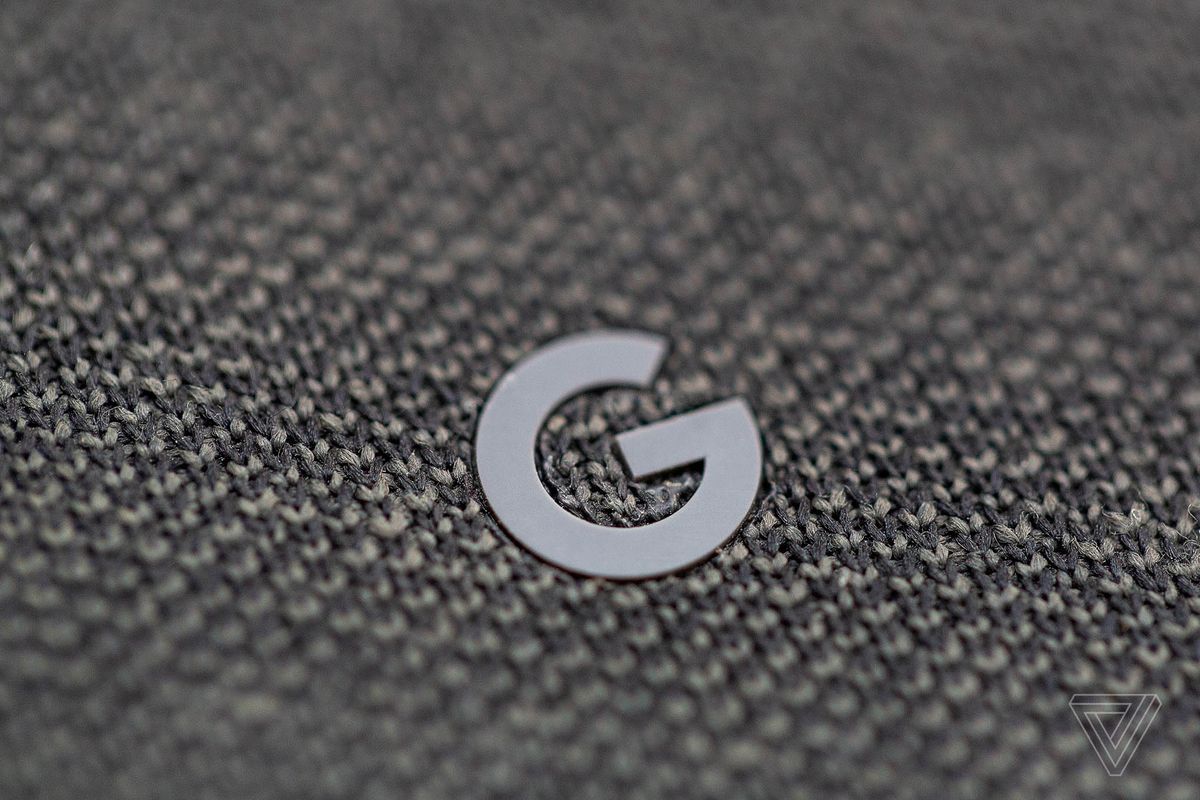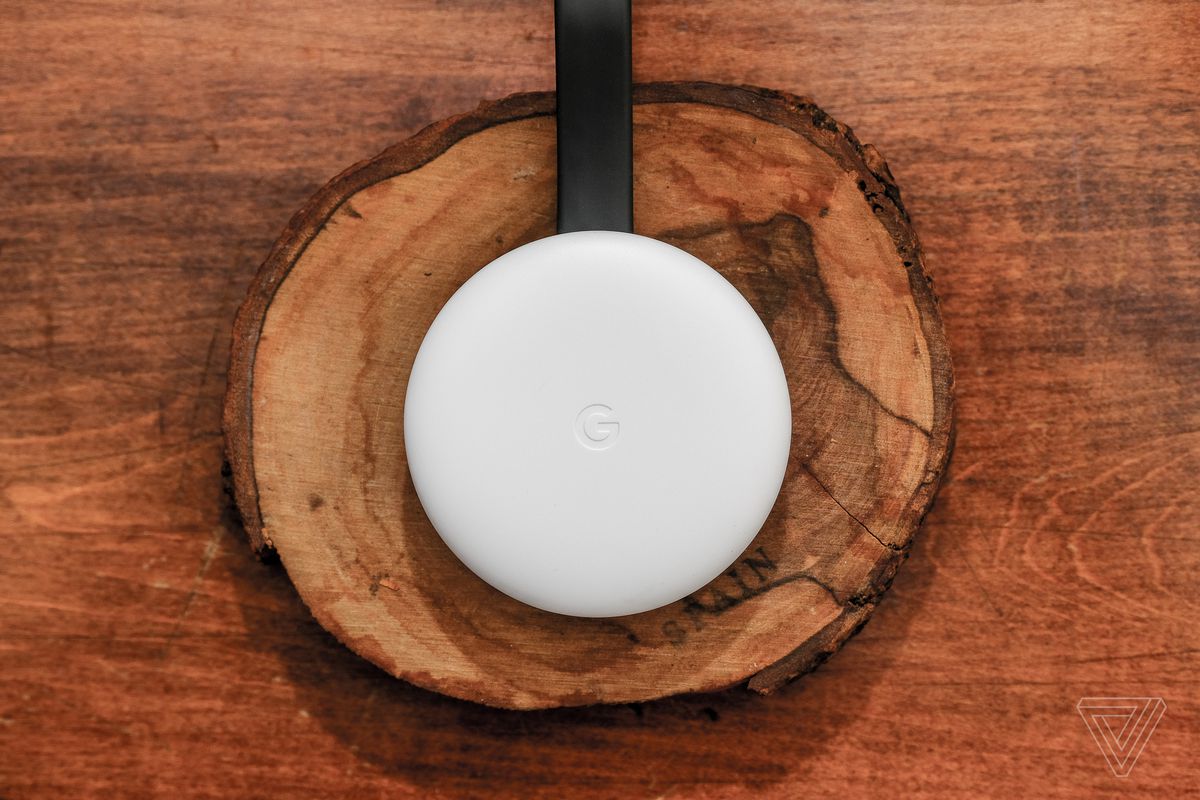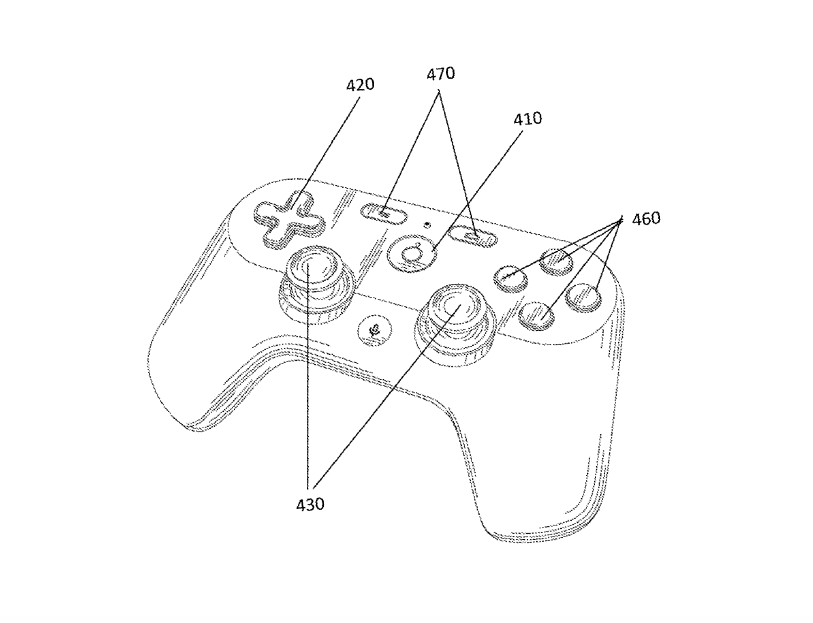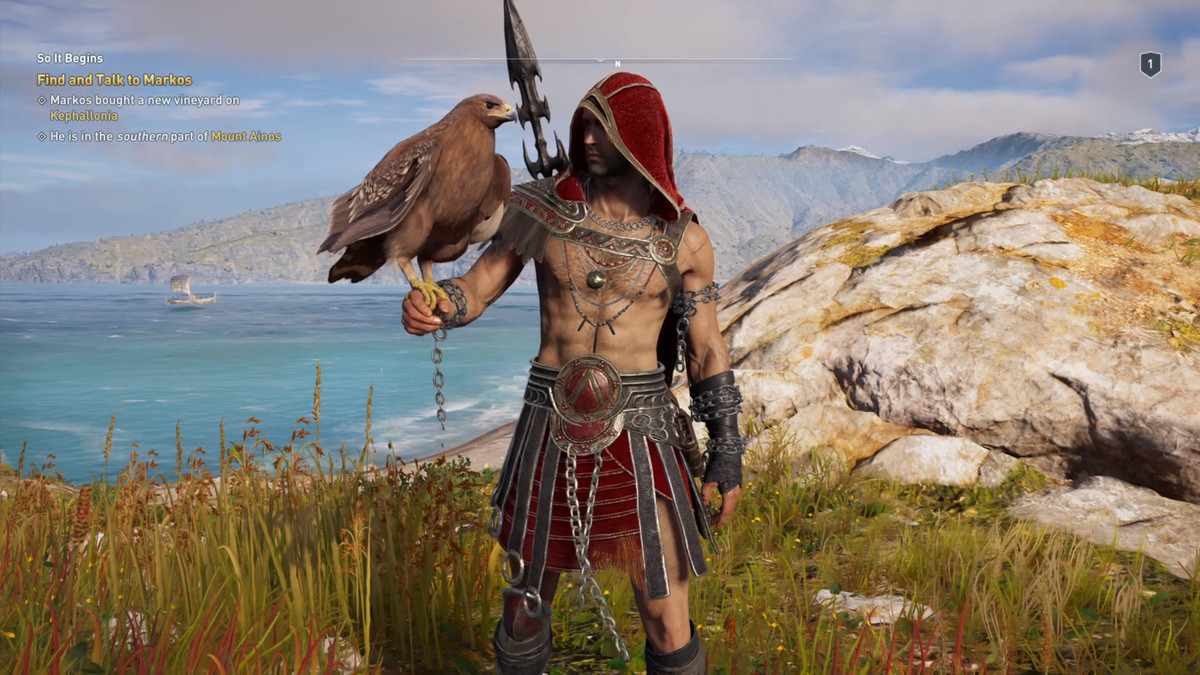Google is making a big play in gaming next week, but we’re still unsure exactly what that entails. For years, the company has toyed with the idea of getting involved in what is now the biggest sector of the entertainment industry, worth an estimated $138 billion dollars as of last fall. And it would make competitive sense: Amazon owns Twitch, Facebook acquired Oculus, and Microsoft has Xbox. The only other major tech company without a serious gaming platform or investment of its own, not counting mobile app stores, is Apple, although even the iPhone maker is now rumored to be working on a game subscription service of its own.
Google has always had many of the pieces required to challenge the likes of Sony and Nintendo. The Android operating system is the most-used mobile software on smartphones around the world, while the Chrome browser and Chromecast streaming platform have given the company an easy way to run applications in real time and access television sets. It’s not hard to imagine an Android or browser-based gaming service that can let you play advanced software on a living room TV.
But, until now, all we’ve seen are a few strong hints to what Google might be building. That changes on Tuesday of next week, when Google plans to hold its first-ever keynote at the Game Developers Conference in San Francisco. There’s been a lot of news over the past few months that gives us a good idea at what’s to come, but whatever Google does announce, it could have a big impact on an industry that is transforming how it builds, distributes, and sells games. Here’s a rundown what we know so far and what we think might be coming next week.

It’s highly likely it involves cloud gaming
In teasing its GDC keynote, Google said it would unveil its “vision for the future of gaming.” And, going off numerous previous reports and public showings from the company itself, it’s highly likely the announcement involves a full-fledged cloud gaming service. More than a year ago, The Information first reported about Google’s Project Yeti, the codename for an internal division responsible for building a next-generation streaming service similar to existing but limited options like Sony’s PlayStation Now and Nvidia’s GeForce Now.
Even before Sony and Nvidia’s services existed, cloud gaming had been a bit like the industry’s holy grail: a just-out-of-reach ideal that has preoccupied a number of startups like OnLive, Gaikai, and others, but that’s never been cracked because the infrastructure and economics haven’t been properly worked out.
The concept is relatively simple. What if, like Netflix and Spotify, you could not only digitally distribute games, but also stream them over the internet, so players wouldn’t need expensive hardware to play graphically-intensive titles? It’s difficult because games, unlike other forms of media, are both incredibly large in size and require real-time input from players. But it is doable, by wiring up the necessary hardware in a data center, running the game on a remote machine, and sending the video and receiving player commands over the internet.
Regardless, it’s been impressive how many additional companies have revealed cloud gaming services in the past few years, turning what was once a niche experimental effort in an industry-wide race to figure out the future. Microsoft has gone public with its own game streaming platform, xCloud, that it plans to start testing later this year. EA, after acquiring the rental and cloud gaming service GameFly, is now working on a product of its own called Project Atlas. Even Verizon is getting into the game, with a test service up and running on Nvidia Shield set-top boxes. Earlier this week, Valve expanded its Steam Link service to turn it into a personal cloud gaming app. Both Amazon and Nintendo are looking into the technology, too.
There’s been a number of obvious signs that Google is indeed working on cloud gaming. Most prominently, Google launched its public test of Project Stream, an experimental game streaming technology that worked directly in its Chrome browser. Through a partnership with Ubisoft, Google let you play the brand-new Assassin’s Creed Odyssey — without needing to purchase the game — on pretty much any machine, given you had a strong enough internet connection.
It was a remarkable experiment, not just because it actually worked quite well, but also because a game studio as large as Ubisoft agreed to let one of its biggest launches of the year be a test subject. The test is now over, but Google set out to gather data from what it considered a “technical test to solve some of the biggest challenges of streaming,” data that could help inform whatever product it announces next week.
There’s also been a lot of strategic hires in the past 18 months or so that hint toward a large, legitimate push into the gaming sector. Phil Harrison, a long-time executive of both Sony and Microsoft’s Xbox team, joined Google last year as a general manager and vice president, but working in an disclosed capacity. At the time, it was believed Harrison was going to help Google build out its virtual and augmented reality platforms as viable gaming businesses. But Harrison was also on the board of game streaming company Gaikai, a company acquired by Sony in 2012 and instrumental to the launch of its PlayStation Now service. So it’s likely Harrison is helping Google in its similar efforts.
Later in the year, Google hired Jack Buser, who was a senior director at Sony’s game streaming unit and led the PlayStation platform’s social efforts before that. Shortly after, Google also hired Sony senior research engineer Richard Marks, who helped build the PlayStation VR headset and Move controller.
I’m excited to finally be able to share that I have joined Google as VP!
— Jade Raymond (@ibjade) March 12, 2019
And just last week, gaming industry veteran Jade Raymond also joined Google as a vice president, though we don’t what team or division she’ll be leading. The timing may not be coincidental. Raymond, who was executive producer and co-creator of Ubisoft’s Assassin’s Creed and later joined Electronic Arts, could be heading up some type of creative division at Google, or one responsible for developer outreach given her connections at big studios and publishers.

There’s a hardware component, and it may involve Chromecast
We don’t have too much to go on regarding what this service might look like, but we do know that there’s a strong likelihood there is custom Google hardware involved. Rick Osterloh, Google’s head of hardware and its senior vice president of devices, tweeted out a link to the GDC keynote earlier this week:
Osterloh oversees Pixel phones, Google Home devices, and the myriad other hardware products the search giant now produces in-house. Whether that means we’re getting a Pixel-branded cloud gaming console or something else entirely is unclear. But it’s interesting nonetheless to see Osterloh involved in some way. Kotaku’s Jason Schreier, who corroborated many of the initial details about Google’s upcoming service last summer, also reported that hardware will be one of three big components to the service, the other two being streaming and a massive in-house developer division that sounds very much like what Raymond could be involved in.
If we had to speculate on what exactly a Google game-streaming platform look like, we don’t have to look too hard. That’s because it could very well already exist, at least in part, as Chromecast. Google’s streaming dongle is already capable of letting you play Android games on your TV using screen mirroring from a compatible smartphone.
Now, that’s not to say that this new game streaming platform will just piggyback off Chromecast. But Chromecast does provide a model for how Google might go about delivering gaming experiences to a TV. For one, it’s a no-frills package that plugs in through one port and stays out of the way. And because cloud gaming, like media streaming, doesn’t require a ton of local processing power, the hardware can be lightweight and cheap. Given the amount of buzz Google is creating here though, it seems more likely it’ll drop all-new hardware specifically for gaming.
There could be a game controller to go with it
You can’t have console-quality gaming (if that is indeed what Google is going for) without some type of peripheral. For Google, that means building your own controller. According to a patent revealed late last week, that might be exactly what the company has done, with images showing off a Google-branded gamepad that like a cross between a PlayStation controller and the ill-fated Ouya’s gamepad from a half-decade ago.

This, even if Google doesn’t produce an actual console, might be why Osterloh’s hardware division is involved. For one, if Microsoft and Sony are building competing services, Google might not want its customers using other companies’ controllers.
And it’s a no-brainer that a service of this type would need to be first-and-foremost a controller-centric experience. As it stands right now, any kind of cloud gaming service is probably going to have at least some issues with connectivity. The bar for console game performance is much lower than on PC, where competitive games require the best connections possible and even milliseconds of latency matter to hardcore players.
In other words, this probably isn’t going to launch as a mouse-and-keyboard experience, at least not at first. So while we might not get Fortnite, Apex Legends, or Dota 2 on Google’s platform, there’s a good chance this service could very well be a place to play big-budget, single-player games like Assassin’s Creed.

Google could team up with Ubisoft and id Software for launch
If you needed more evidence that Google may bill its service as a destination for big single-player experiences, look at its list of early partners that will be in attendance and hosting sessions alongside the company at GDC. Google specifically calls out legendary shooter franchise Doom and its creator, Id Software, as one of its developer day session participants.
Additionally, Google says Ubisoft is another one of its partners. Uncharted director Amy Hennig, who recently left EA, will also be on a Google-sponsored panel with a representative from Tomb Raider studio Crystal Dynamics and game designer Raph Koster. Now, we don’t know what this level of involvement translates to; these companies could just be trotted out to shower Google with technical praise and show off a demo or two.
But, if Assassin’s Creed, Doom, and Tomb Raider are in fact early titles you’ll be able to play on Google’s service, it does create the impression that Google wants this to be more of a console-grade competitor for single-player games, and not just an Android game streaming service. Plus, those are titles that won’t require you need perfect latency and ultra-low ping to play because you’re not interacting with other online.
It’s too early and we know too little to say for sure what else Google’s gaming announcement might involve. But for a company that has spent years eyeing the gaming space, it looks like now is a prime time to jump in. Every major publisher and console maker wants to be the first to crack cloud gaming and get in on the ground floor of what could be the biggest shift in how games are developed and sold since the iPhone.
What’s even more exciting is that cloud gaming opens up all sorts of new, disruptive business models to gaming, including the coveted all-you-can-play monthly subscription. In a world world where unit sales no longer determine success, we could see a Netflix-style explosion of new experiences, all playable on hardware of any quality and cost.
https://www.theverge.com/2019/3/16/18268217/google-cloud-gaming-gdc-2019-announcement-event-hardware-news

